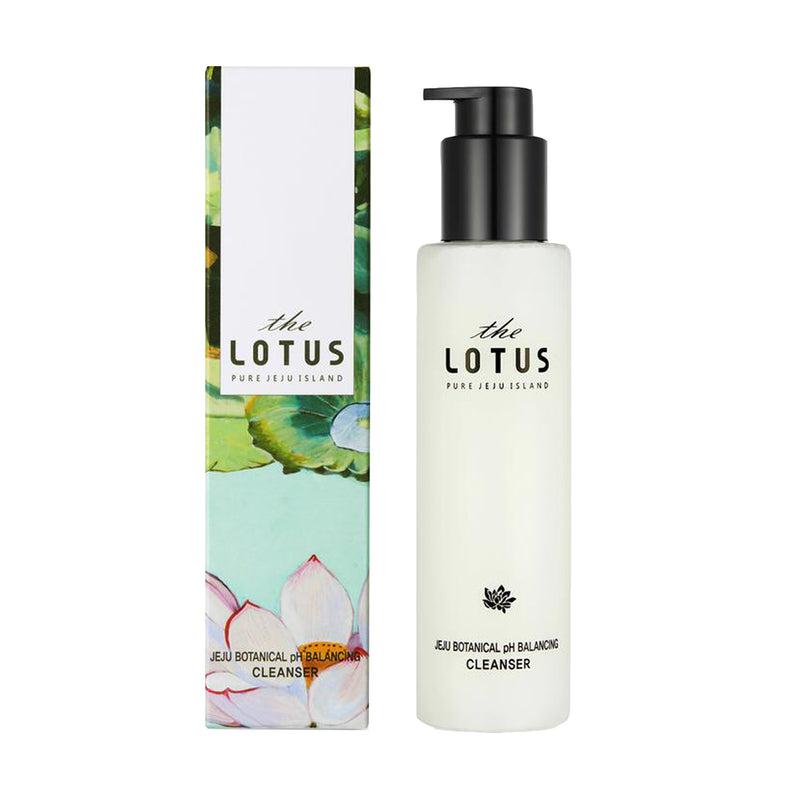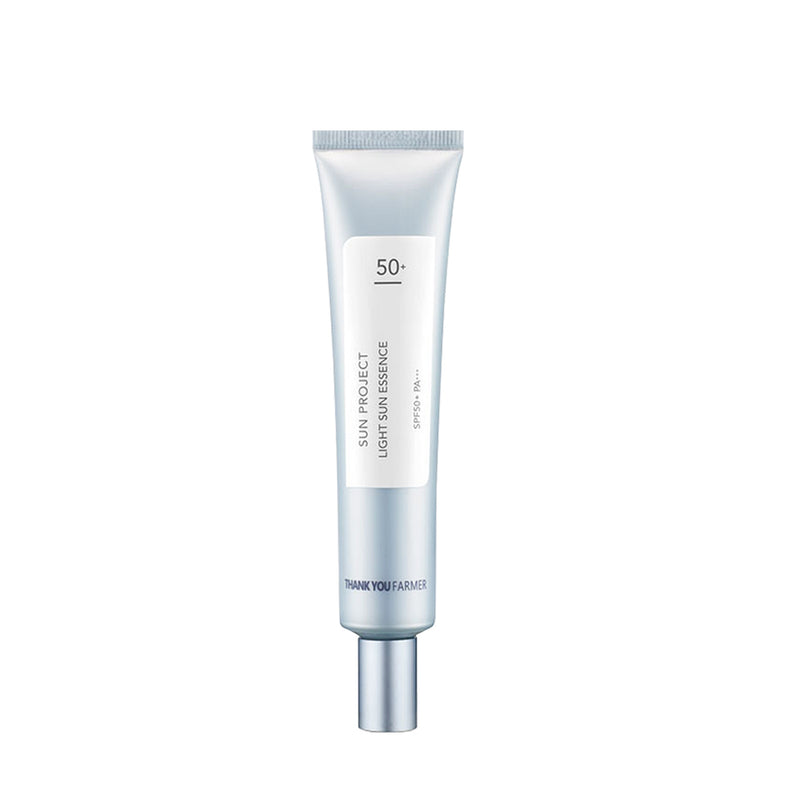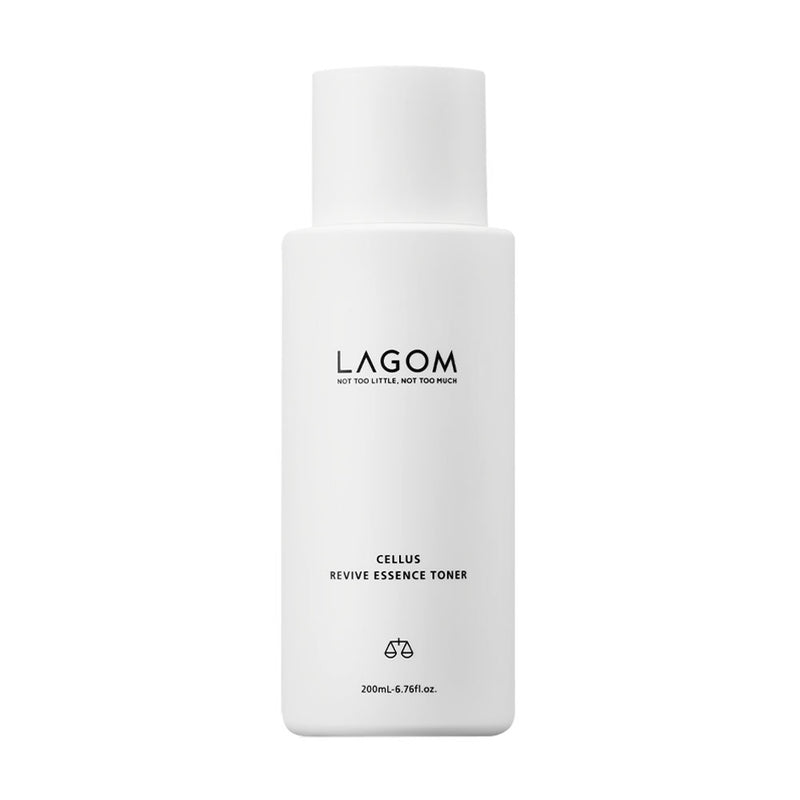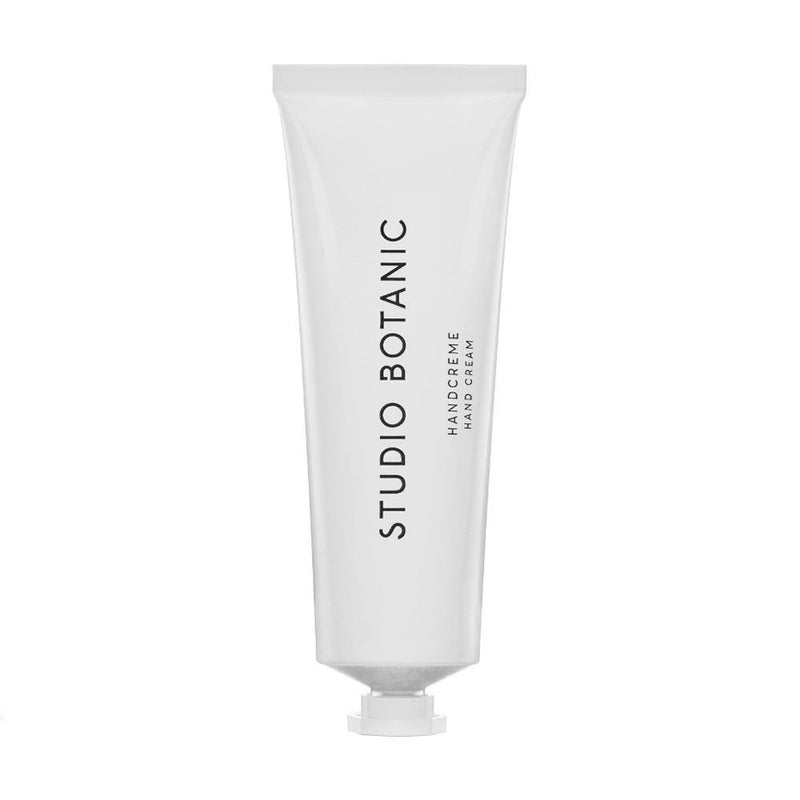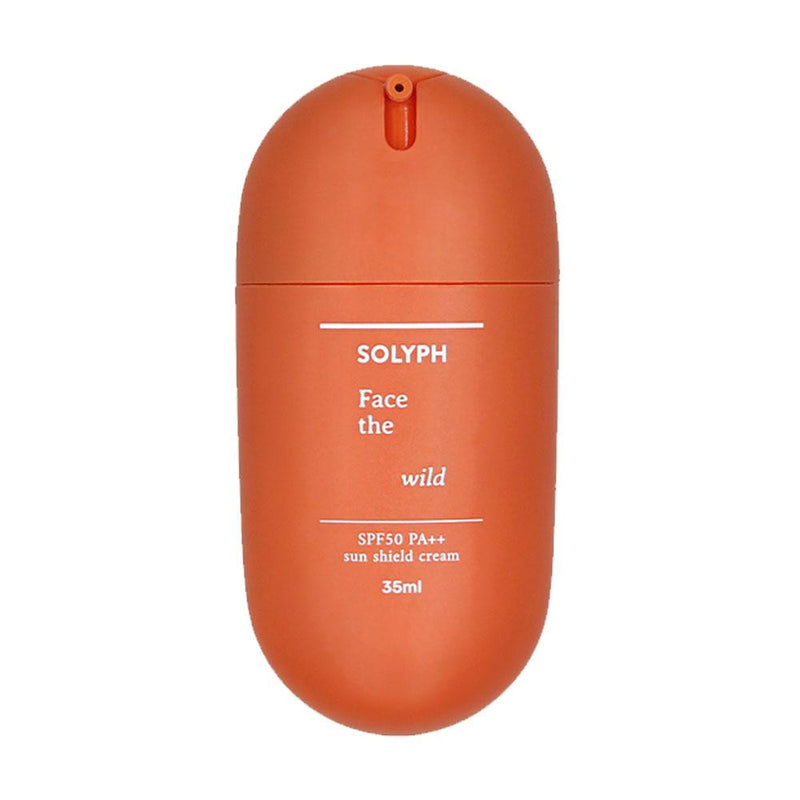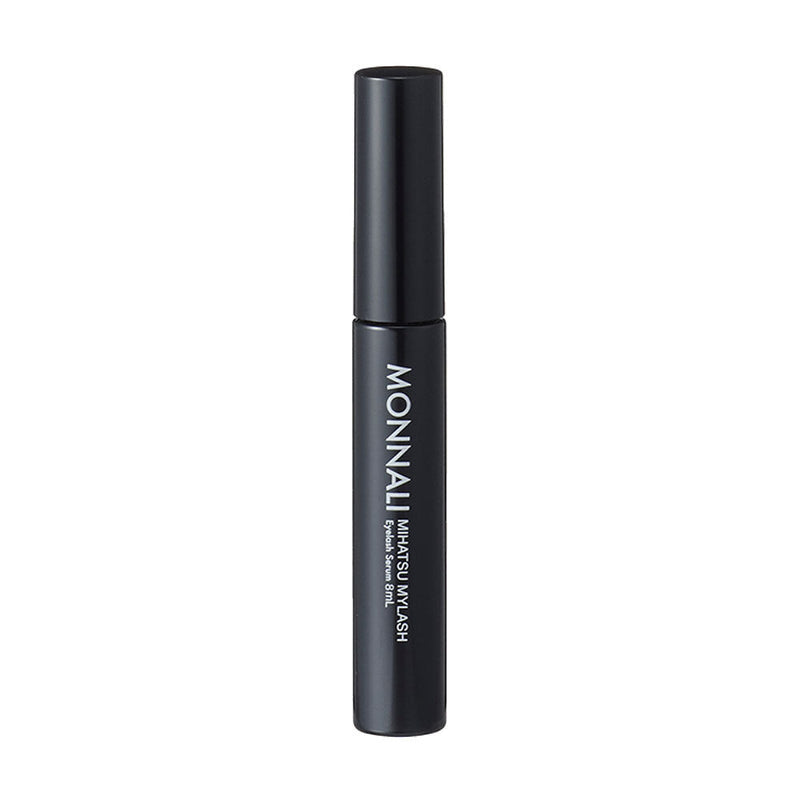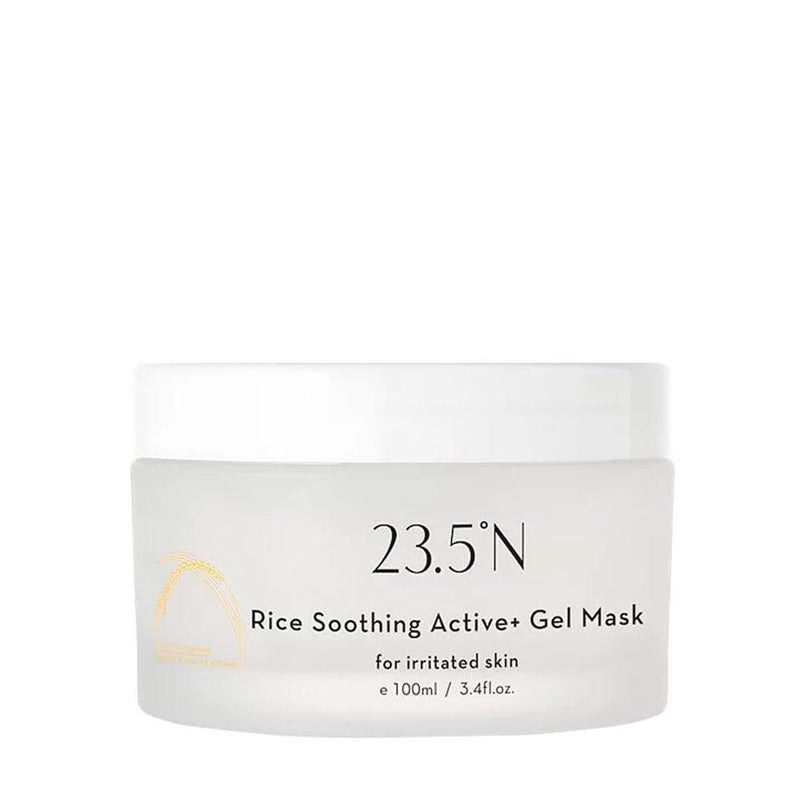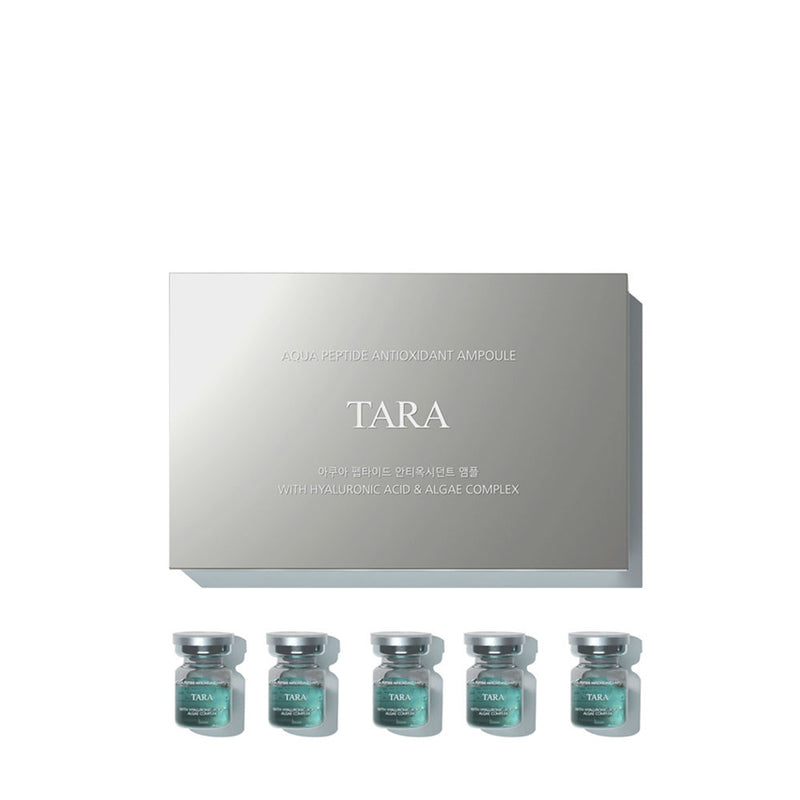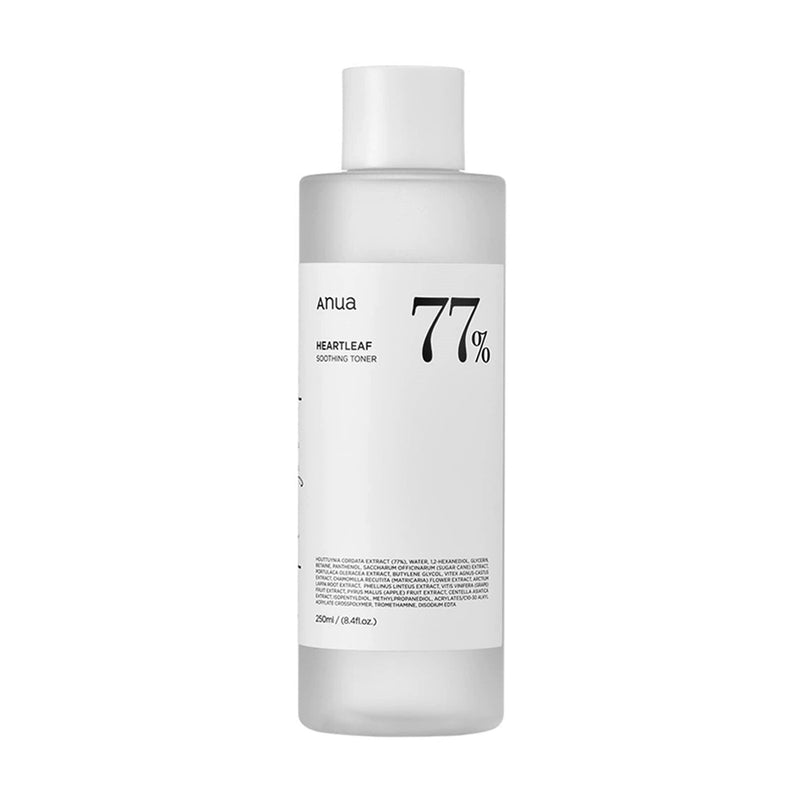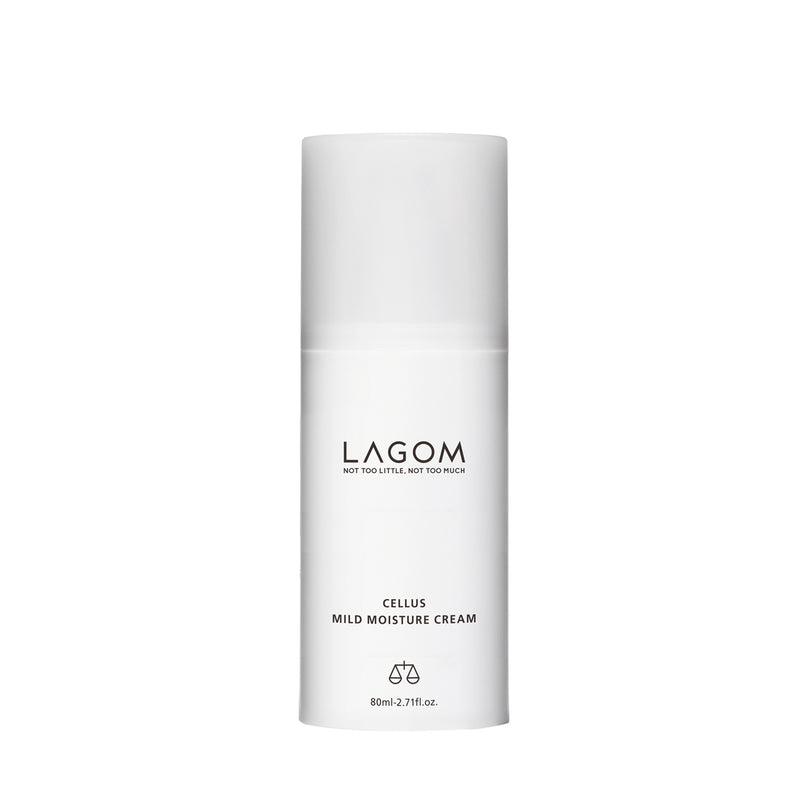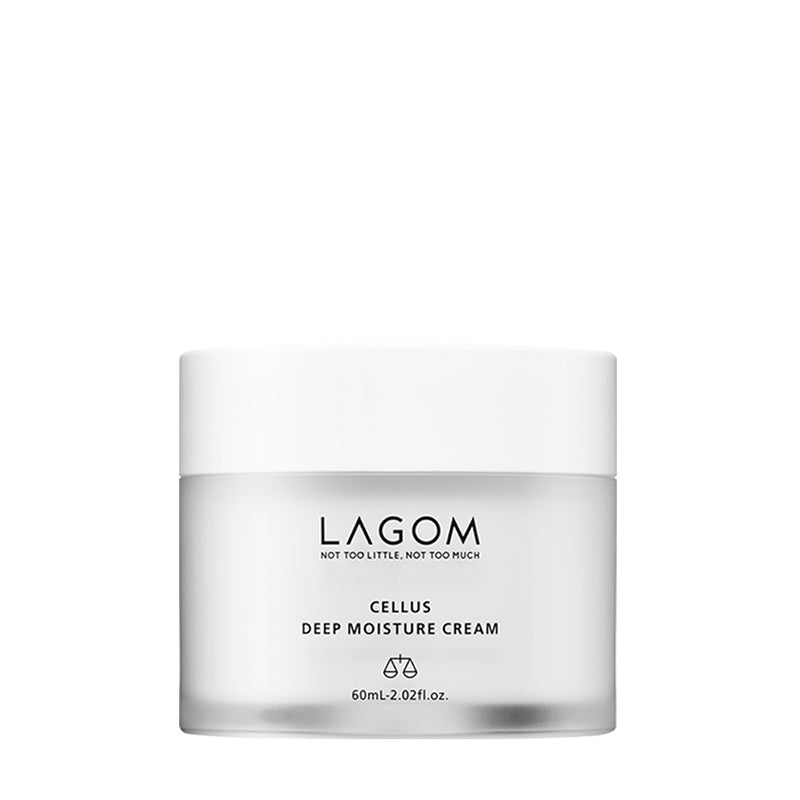Ready to plunge into a world of face creams, sheet masks, lotions and more? Are you starting out on your skincare journey but are feeling a little lost and have no idea where to start? Here’s an essential 101 guide on how to start your own tailored daily skin regimen!
If you are reading this article then congratulations on embarking on your journey to healthier skin! Regardless of whether you're new to the world of skincare or if you’ve been using skincare products for years, you will find some useful tips here to make sure that you build a skincare routine that works for you.
There are many skeptics out there who decry the world of skincare as being marketing driven, or that skincare products simply don’t work and that the fate of our skin is largely determined by genetics and environment. In the hyper competitive world of skincare and beauty brands, there is some truth in that but much of the skepticism is borne out of a lack of understanding of skincare routines and how they can work for you.
The key to a good skincare routine that works is good habits, consistency and selecting the right products (from the dizzying number of choices) for your skin. There is no guarantee that more expensive big name products would work better for you and it is highly unlikely that there is a one size fits all magical serum that’ll cure the world’s skincare woes like a vaccine.
Why Build A Skincare Routine?
Did you know that your skin is the largest organ in your body? Yes, your skin is a human organ made up of skin cell that together form the dermis that holds all your internal organs in place. Just as you exercise and watch your diet to maintain cardiovascular health, your skin also requires maintenance to keep it healthy and looking at its best for years to come.
Having a healthy skincare routine is vital in the long-run. Though we cannot slow down the passage of time, skincare routines can help to preserve your youthfulness by slowing down signs of ageing, like reducing wrinkles and fine lines on your face and allowing you to age gracefully. A good skincare routine can also minimise irritating skin conditions such as acne, psoriasis and rosacea that can affect self esteem and quality of life.

Many studies have also shown the importance of self care - of which skincare is one important component - to increased productivity and mental well being. Having a good skincare-selfcare routine helps you feel good about yourself and allows you to transmit those good feelings to others. In the fast paced modern society that we live in, long working hours and packed social calendars, building a selfcare routine around our skincare routines is one way to build those good vibes.
Doesn’t it also sound good that you’ll be able to pamper yourself daily? It encourages self-love and helps you to start the day right and unwind after a long day of work. Ultimately, caring for your skin is something personal and regardless of the reasons for building one, here are some basics you should keep in mind to cut through the noise.
Knowing Your Skin Type
Before you begin building your skincare routine, it’s critically important to know what skin type you have first. Knowing your skin type will help you make better decisions on what products to use and what you need. While there’s a lot of literature on various “skin types”, your skin would generally fall into 1 of these 4 categories: oily, normal/combination and dry!
Apart from skin types, there are also numerous other skin concerns that may be unique to each individual such as sensitive skin, acne-prone skin, eczema, rosacea and many more. Accurately identifying what your skin type is and your primary skin concerns is the first step in building the right skincare routine with the right mix of products for you.
Without knowing what your skin type is and what skin concerns you have, you would not be able to pick out products that you need! Certain skincare products and ingredients might not go well with your skin or address your skin concerns. Hence to effectively utilise skin care products, start from the base which is your skin!

The Basic Steps
You might have heard of the “7 Skin” Method or maybe the 10 or 12 step Korean skincare routine or is it K-pop star Tiffany Young’s Epic 18 step routine? It is easy to get caught up in all the hype and trends of the “routine-du-jour” on Youtube and social media. With the many beauty influencers on social media these days, there’s an overwhelming number of tips and tricks that it can be hard to decide on what might work best for you.
Don’t get me wrong, given the right skin type and environmental conditions these routines might work wonders for your skin but building a skincare routine that you can stick with long term begins from understanding your skin type and the basic steps before adding on the other layers of targeted treatments. Blindly following the latest trends could do more harm than good and with 18 steps, might be difficult for you to stick with long term.
It doesn’t matter what routine you use or what skin type you have, a good routine should have at least these 3 foundational steps, cleansing, toning and moisturising. It is from these 3 foundational steps that you begin to build your personalised routine that suits your skin, schedule and lifestyle. If you’re still new to all this jazz, don’t worry! These steps are suitable for everyone.
Other optional steps can include targeted treatments such as eye creams and serums, lipcare, masking and many more - the industry is inventing new steps everyday. Suncare deserves a special mention here because while you might not use sun protection before you go to sleep at night, this should be considered a foundational step in your morning routines. However, it isn’t technically required day and night, we have stuck with the 3 foundational steps.
Step One: Cleanse
This is a vital step to the whole skincare routine. It washes off the dirt, makeup, oil and toxins, dead skin cells, gets rid of bacteria from [you] touching your face and other impurities that settles on your skin naturally throughout the day. Thoroughly cleansing your skin is the critical first step as applying product onto unclean skin can cause clogged pores and other skin issues.

If you have oily or combination skin or if you use a lot of heavy makeup (or a combination of the two) then a double cleanse may be recommended. And even if you don’t, a double cleanse is still recommended.
As cleansers can be harsher than other skincare products, it is important that you choose the right “tool” for the job especially if you have very sensitive skin. A good double cleanse routine would start with an oil based cleanser like Aromatica’s Natural Coconut Cleansing Oil or Berry Melting Cleansing Balm from I Dew Care and is usually followed up with a foam cleanser.
The oil based cleansers are more effective at removing sebum and makeup and can help soften and loosen impurities that might have built up in the pores while the foam cleanser helps to remove any remaining residue by lifting them off the skin’s surface. With a double cleanser there is less need to use an astringent toner - that can be harsh - to remove residual skin impurities.
If you have dry or sensitive skin, you can try a gentler cleanser that doesn’t strip the skin off its natural oils such as Aromatica’s Reviving Rose Infusion Cleanser and if you have oily skin, a clay cleanser like Barulab’s Black Clay Cleansing Foam could be ideal for your skin type. If you notice any flakiness or irritation, that’s your cue to cut back or to try out a different cleanser.
Step Two: Tone

If cleansing is cleaning your canvas, toning is like putting down a primer before you paint. Toner prepares your skin to drink up all that post-cleansing skincare goodness. One analogy would be when you put a cream on a dried-up, hard sponge; it would be hard for the sponge to absorb it. However, if you put a cream on a slightly damp sponge, it would absorb the cream more smoothly.
Traditionally, the western approach to skincare called for a, usually alcohol based, astringent toner which would swipe away any remaining impurities and purify the skin for the follow on skin treatments. However, if done thoroughly, a good double cleanse would be sufficient in removing nearly all the impurities and you should avoid astringent, alcohol-based toners as they can be overly harsh on your skin.
This is why Kbeauty toners tend to be alcohol free and deliver other benefits such as a soothing treatment like with Anua’s Heartleaf Soothing Toner all additional hydration like with Haruharu Wonder’s Black Rice Hyaluronic Toner, benefits that you would not get with an astringent toner. Additionally, in the Kbeauty and the world of Asian Beauty in general, Toners, Essences and sometimes called Essence Toners (or even Toner Essences) are often used interchangeably. Read here as we break down the ever so subtle differences.
Depending on its function, Toners would be packed with acids, glycerin, antioxidants, and anti-inflammatories. Some even have very specific functions such as pore care like with Isntree’s Spot Saver Mugwort Ampoule, and selecting the right product to suit your skin type and concern could really help supercharge your skincare routine.

Toners are typically applied by dousing a cotton pad and then rubbing it over your face and neck, you could also apply them by hand which is my preferred method so I don’t waste product on the cotton pad and my hands get a little bit of the moisturising goodness! It’s important that you always apply toners to damp skin as humectants in toners can draw water out from the lower layers of your skin when applied to dry skin.
A toner like Lagom’s Cellus Revive Essence Toner, which is easy to spread evenly across your skin for optimal absorption, is a suitable toner for a beginner and caters to all skin types. It contains three Hyaluronic Acid types and the patented ingredient Aqualicia to help manage your skin’s moisture channels. For dry and mature skin types, try The Pure Lotus’ Jeju Lotus Leaf Essence or the Jeju Lotus Leaf Essence Lotion.
Step Three: Moisturise
Finally, finish your routine with a moisturiser that’s rich enough to soak into your skin without causing clogged pores or breakouts. It helps to replenish and revitalise your skin to improve elasticity and prevent skin problems like signs of ageing, tired skin and acne. More importantly, moisturisers contain ingredients like Jojoba Oil or Ceramides that help lock in the moisture in your skin and protects your skin.

If you have any specific skin concerns or any targeted treatments, such as an eye cream or serum, that you would like to use, then this should be done between Step 2 and 3. While these treatments may be good if you know what you are doing, they are optional steps that you can add and change in your skin routine as you get to know your skin better and as your skin changes with age.
There are different types of moisturisers that you can choose from and their performance can vary depending on your skin type and condition. If you have dry skin then it is a good idea to go for an oil based moisturiser or even a facial oil like Aromatica’s Golden Barrier Jojoba Oil. If you feel your skin’s dehydrated but you don't have dry skin type then something with a humectant like Hyaluronic Acid or Aloe Vera would help breathe some life back into your dehydrated skin. To find out what ingredient works best for dehydrated skin, read more here.
If you are unsure of what to choose, a recommended product to start is Lagom’s Cellus Mild Moisture Cream or the Deep Moisture variant which are both good all round moisturisers ideal for all skin types. You can then select richer or lighter moisturisers from there. If you have oily or sensitive skin, you can select lighter moisturisers, sometimes called Emulsions like Aromatica’s Tea Tree Balancing Emulsion might be ideal for you. For dry skin types, try Flesette’s Visible Repair Redensifying Cream or the Jeju Lotus Revitalizing Cream from The Pure Lotus.

Final Advice!
As a young woman on the cusp of graduation, till that point in my life, I had primarily been using mass market drugstore brands and never had a real skincare routine that I executed religiously. I too had doubts and held some scepticism towards the results of sticking to a skincare routine. Afterall, no one has ever enjoyed slathering half their salaries across their face.
But as I got into it and understood the ins and outs, I’ve come to realise that building a skincare routine need not be an expensive project. In fact, by starting with the basics and building from there, you would not only save some money but are much likelier to stick with it for life. While using quality products is crucially important, having a skincare routine, no matter how many steps, doesn’t need to burn a hole in your wallet.
Nothing beats the satisfaction of waking up to a brand new day, looking in the mirror and knowing that you’re worth it. Start taking this stuff seriously and you won’t just look good but feel great! I hope you have fun starting on your very own personalised skin care journey and look out for my future posts on how you can expand your routines to include targeted treatment.
